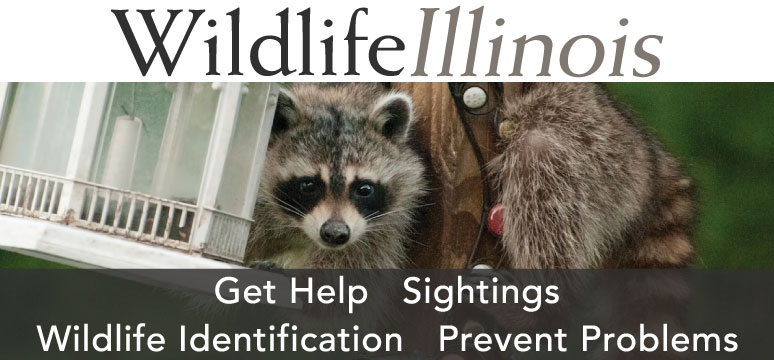
Most of us are familiar with the phrase “Choose a job you love, and you will never have to work a day in your life.” Those of us who work with wildlife have found the job we love, and we are often asked; how can I get your job? Although the answer to this question is a simple “get the appropriate education,” the specific educational requirements for the job you may be interested in are less clear. Jobs in wildlife range from working as a technician or biologist at a state wildlife area, state or national forest, or national wildlife refuge, to researchers who travel around the world conducting wildlife research. Not surprisingly, the level of education varies with the type of job.
The current “industry standard” for an entry-level position in wildlife biology is a Bachelor’s of Science degree that includes the courses necessary to become a Certified Wildlife Biologist. The recognized authority on educational requirements for wildlife biologists is The Wildlife Society. The Wildlife Society developed a Wildlife Biologist Certification Program to ensure practicing wildlife biologists in North America meet a minimal educational standard. Course requirements for a Certified Wildlife Biologist include wildlife management, wildlife biology, ecology, zoology, botany, physical sciences (chemistry, physics and soil science), statistics, calculus, social sciences, humanities, communication, and environmental policy and administration. Although potential employers don’t necessarily require employees to be Certified Wildlife Biologists, they typically have specific course requirements for entry and advanced level positions. By meeting the Certified Wildlife Biologist course requirements, you will meet the course requirements for most, if not all, of those agencies and organizations. With a Bachelor’s degree, individuals would be eligible for entry level jobs such as a biological technician, helping manage individual state wildlife areas and federal refuges or forests, or a private lands biologist for a state or federal program or non-government organization, such as Ducks Unlimited, to assist individuals in private land management.
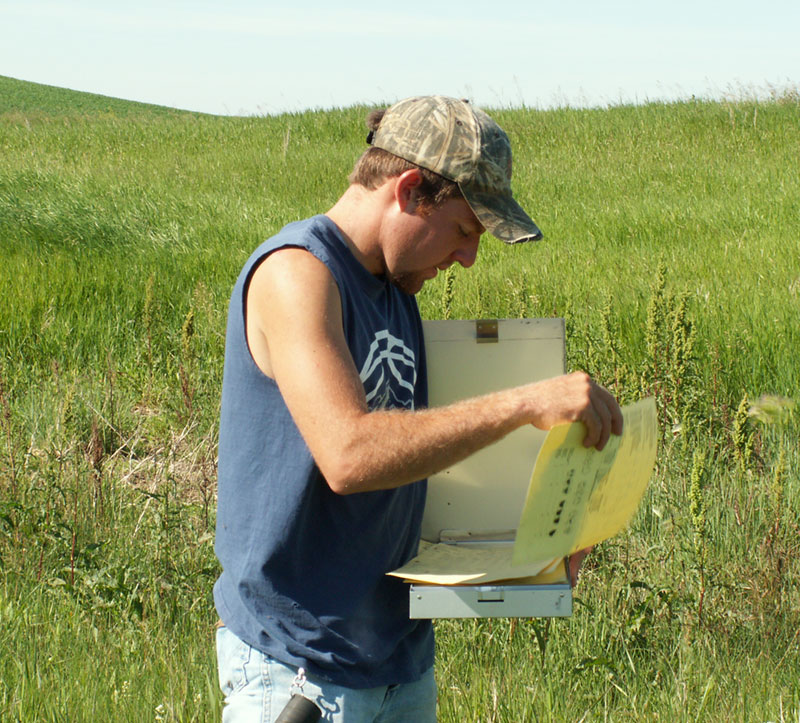
Most more advanced supervisory positions, such as a federal refuge or state wildlife area manager, district or regional biologist overseeing multiple conservation sites, or state game or nongame coordinators coordinating monitoring and harvest regulations for the various game and nongame species, requires a more advanced degree, such as a Master’s of Science. The Master’s of Science follows the completion of a Bachelor’s degree and typically takes about 2.5 years to complete. During this time, the student typically completes an additional 30 credits of course work and a research project that culminates in writing a Master’s thesis.
More recently, universities have begun to offer non-thesis Master’s of Arts and Professional Science Master’s degrees. The Wildlife Master’s of Arts is typically a non-thesis, on-line degree that allows individuals possessing a Bachelor’s degree and working in an entry-level wildlife position to increase their education while working, making them eligible for a higher level position. Alternatively, the Professional Science Master’s in Wildlife Administration and Management degree is a non-thesis Master’s designed for students who have recently graduated with a Bachelor’s degree but have yet to secure a job. This degree is similar to the Master’s of Science but requires students to complete an internship instead of a thesis and specifically prepares graduates to be federal or state wildlife property managers.
Finally, individuals desiring to spend most of their time conducting wildlife research and teaching would likely need to complete another 4 to 5 years of education to receive their PhD.
If you are considering a career in wildlife biology and possess effective written and verbal communication, critical-thinking, interpersonal, observational, outdoor and problem-solving skills, this could be the job for you. Visit a university in your area offering degrees in appropriate fields, such as wildlife management, zoology and environmental biology, and speak with an adviser to learn more about starting down an exciting, and fulfilling, career path.

Michael Eichholz is a waterfowl/wetland ecologist in the Cooperative Wildlife Research Laboratory (CWRL) and a Professor in the School of Biological Sciences at SIU. He earned his Ph.D. at the University of Alaska – Fairbanks.


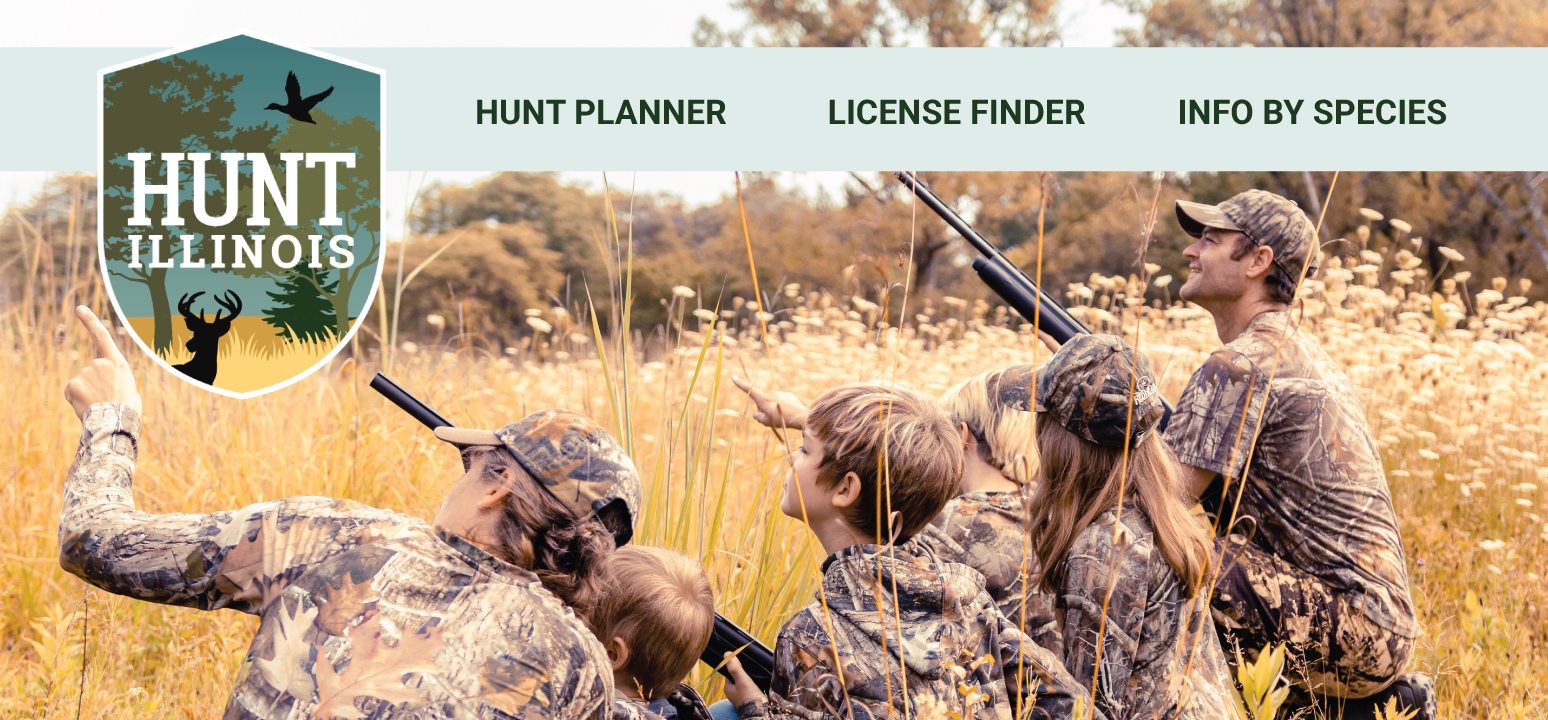

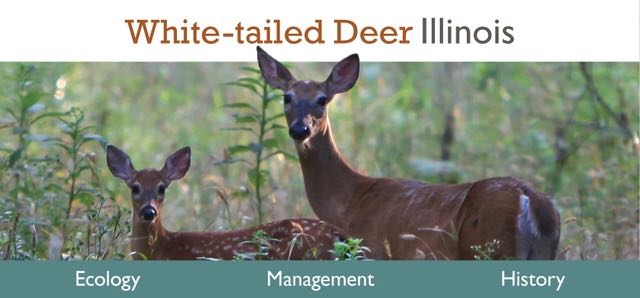
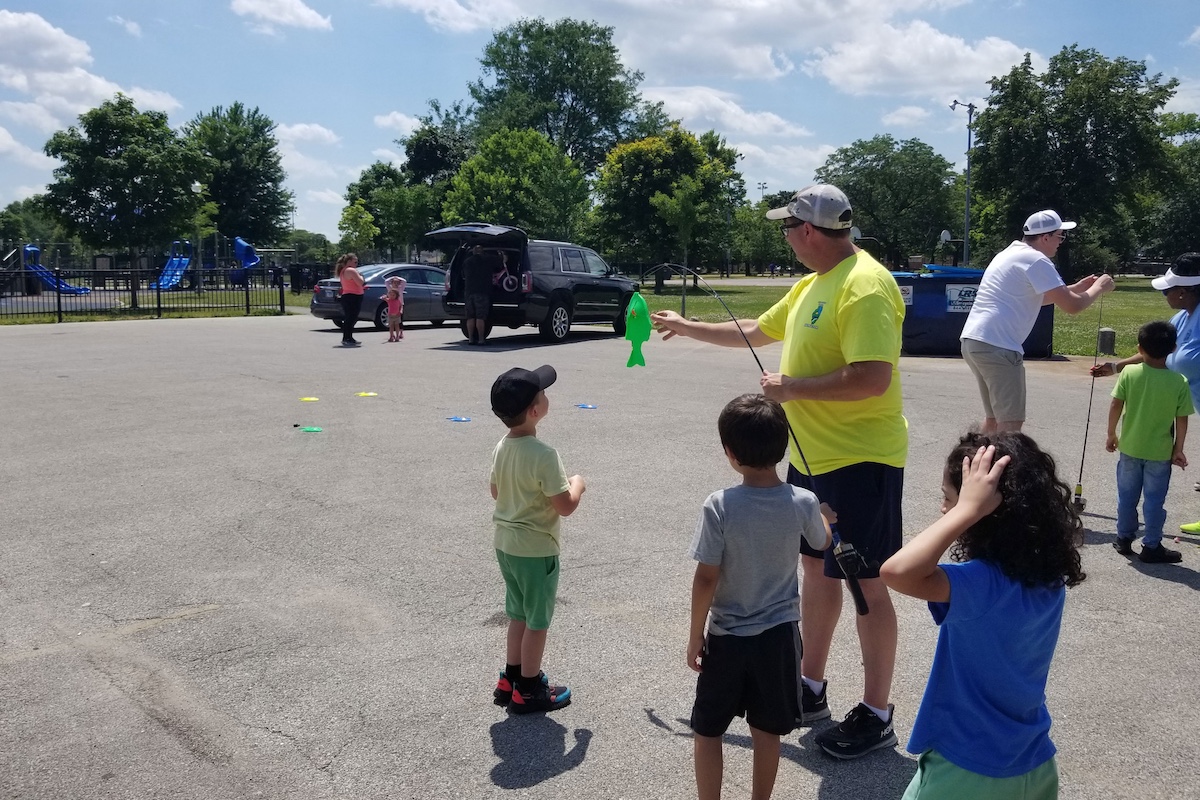


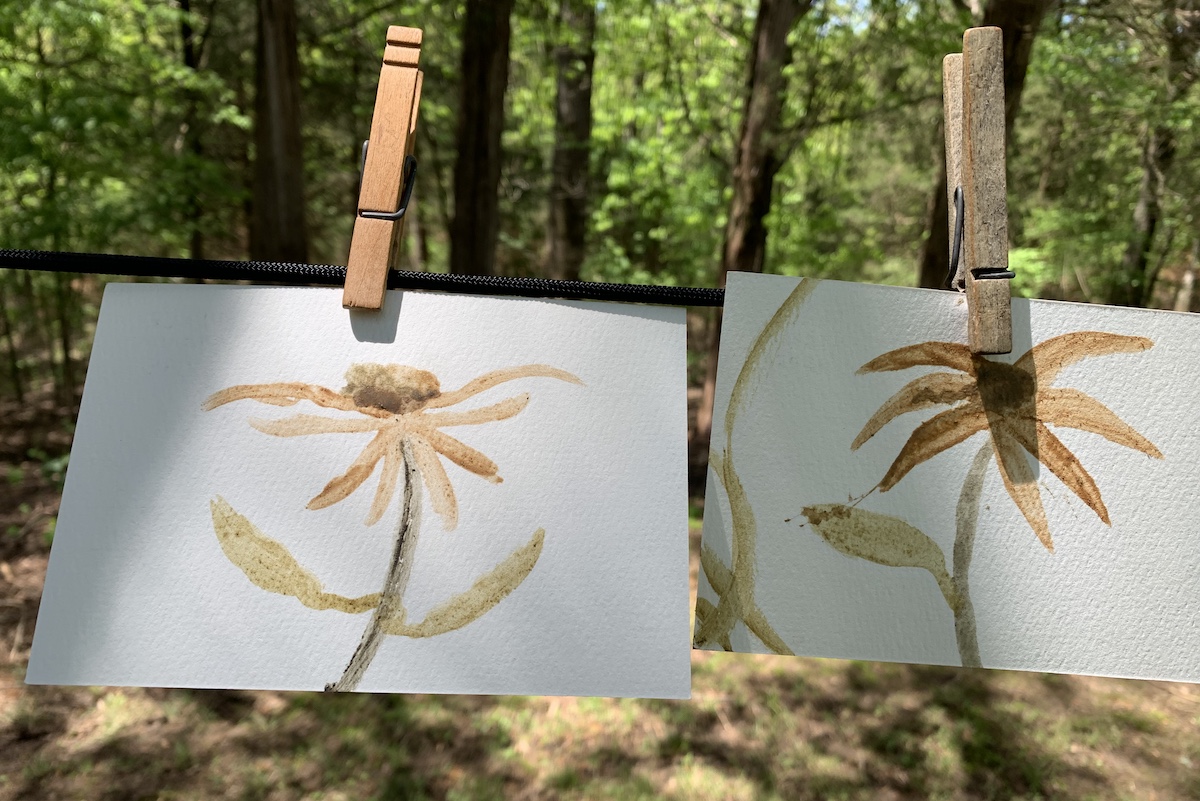
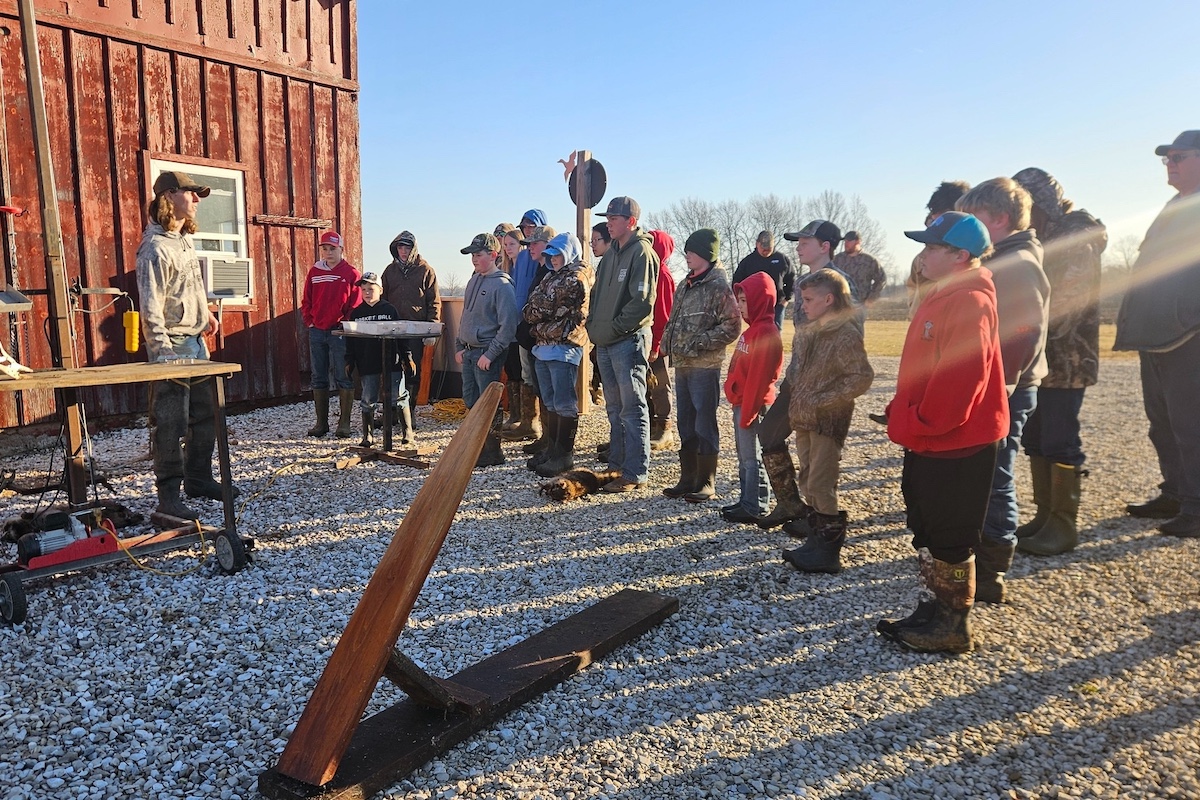
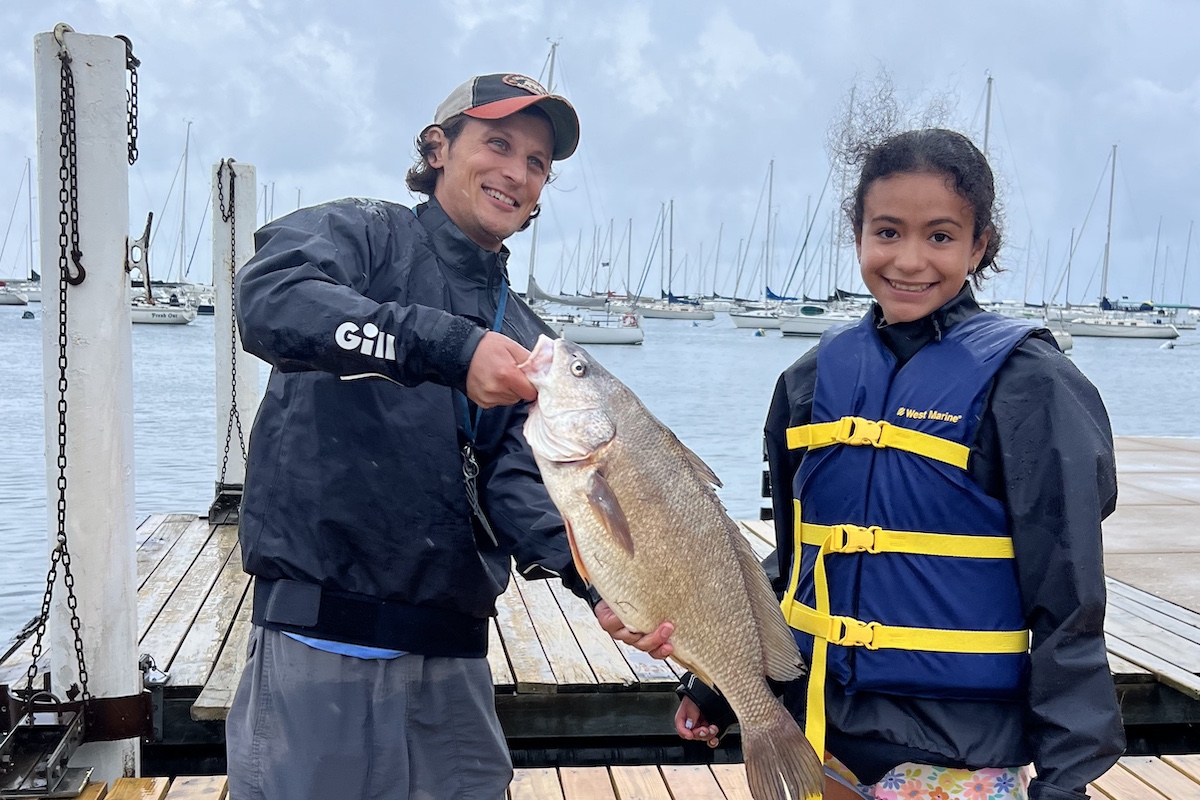
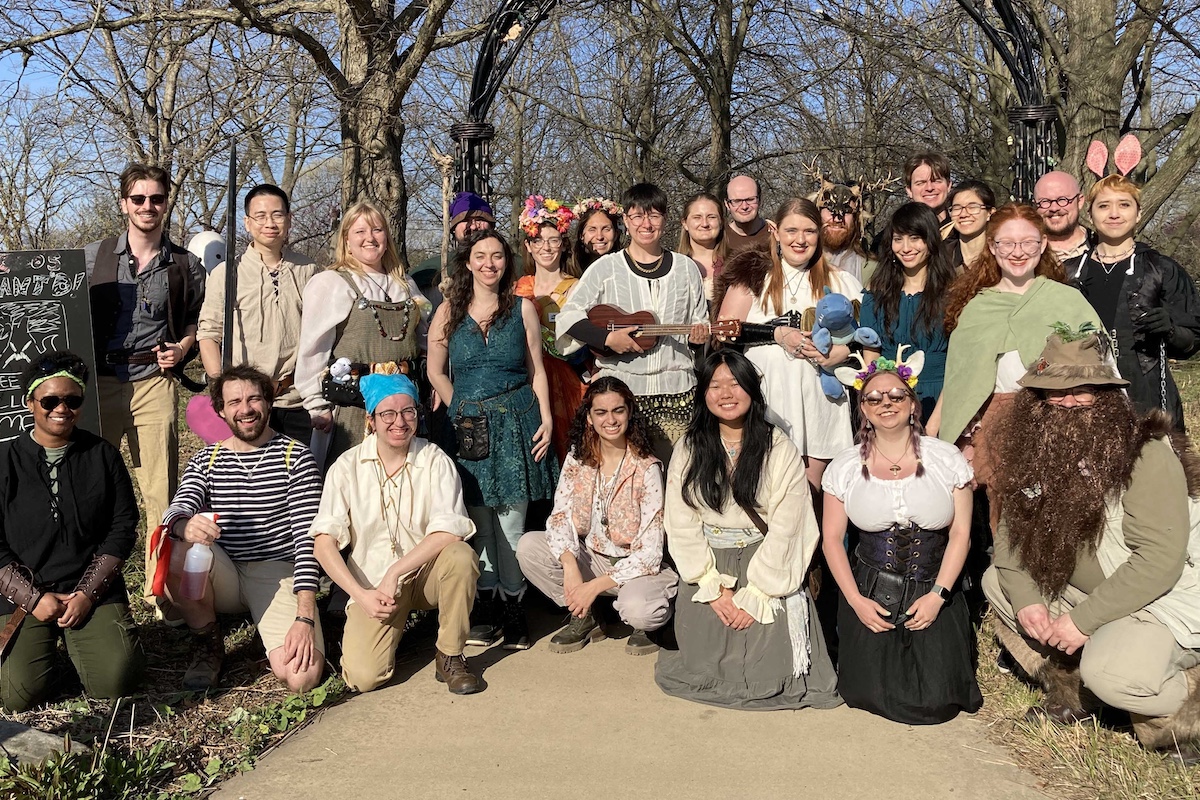

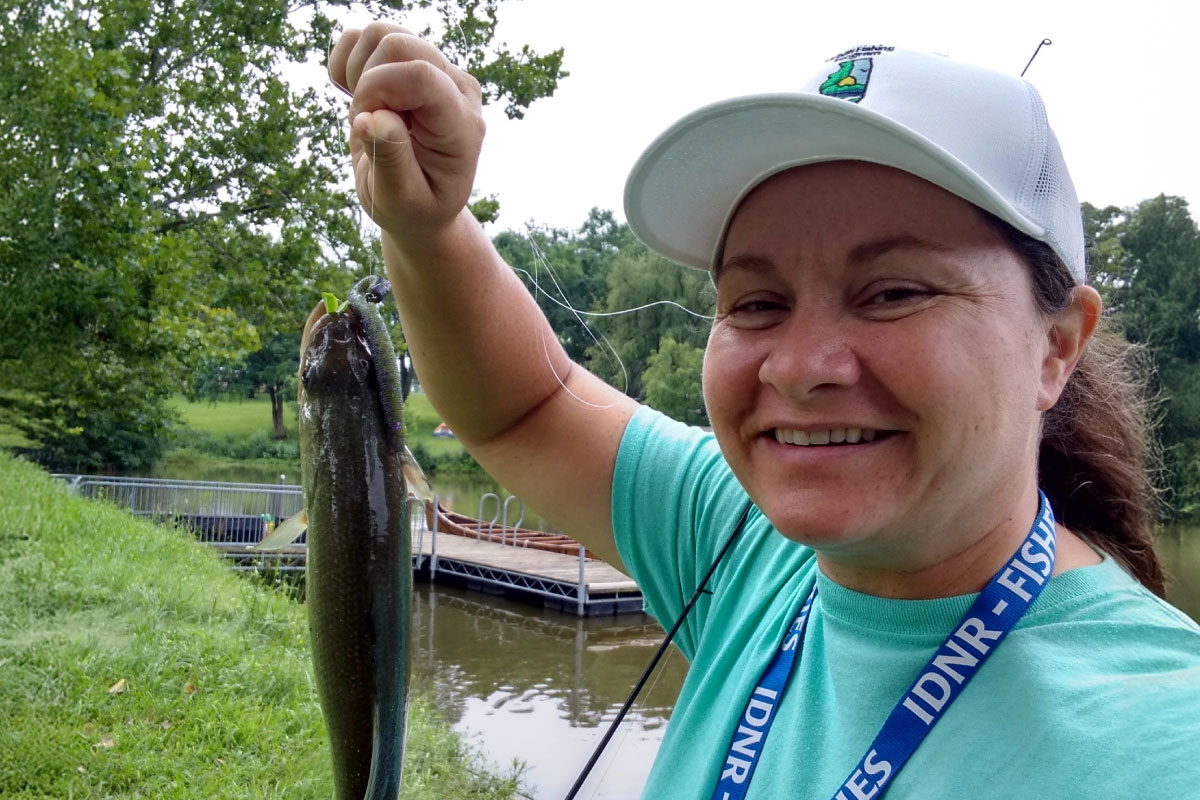

Submit a question for the author